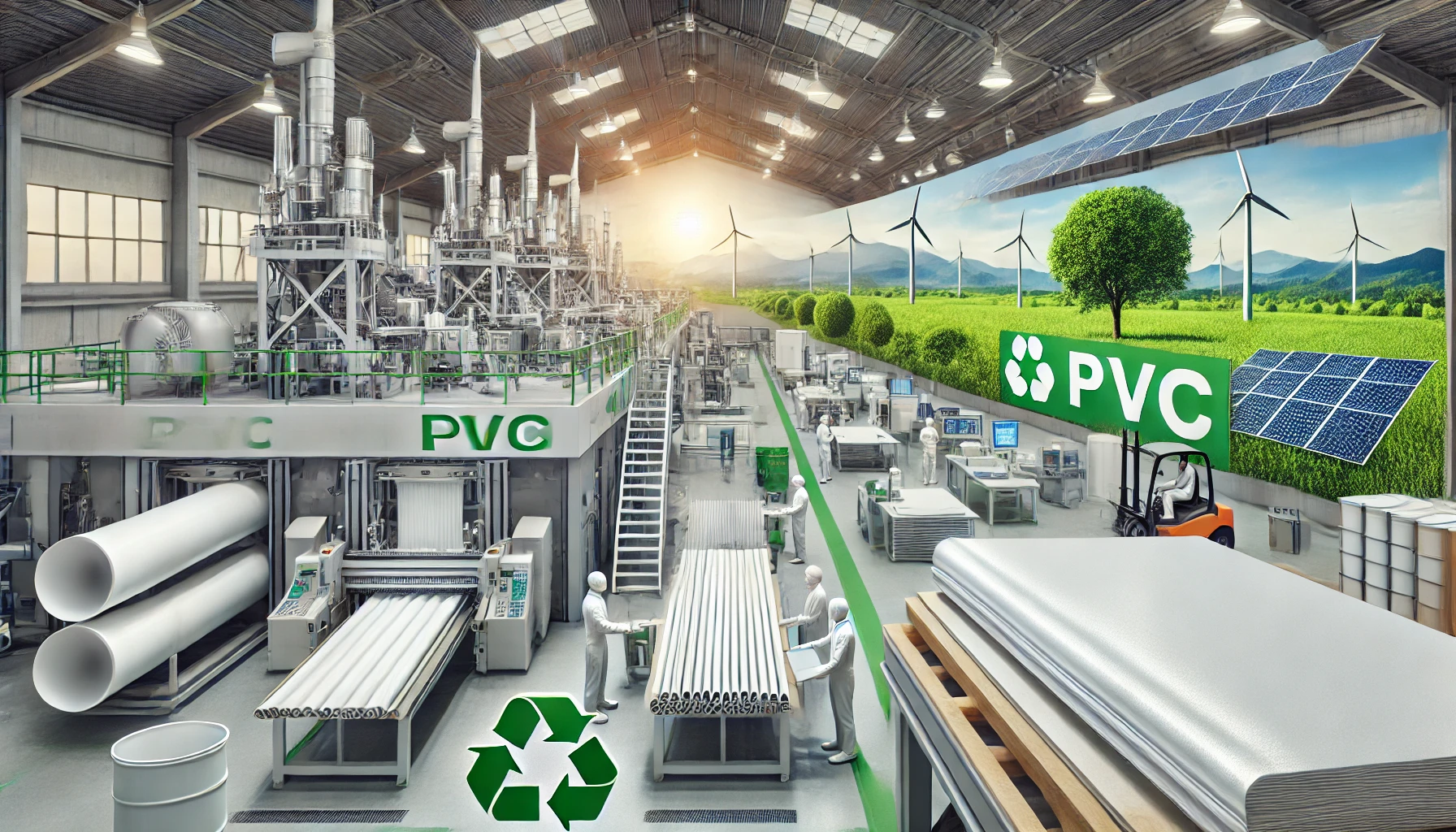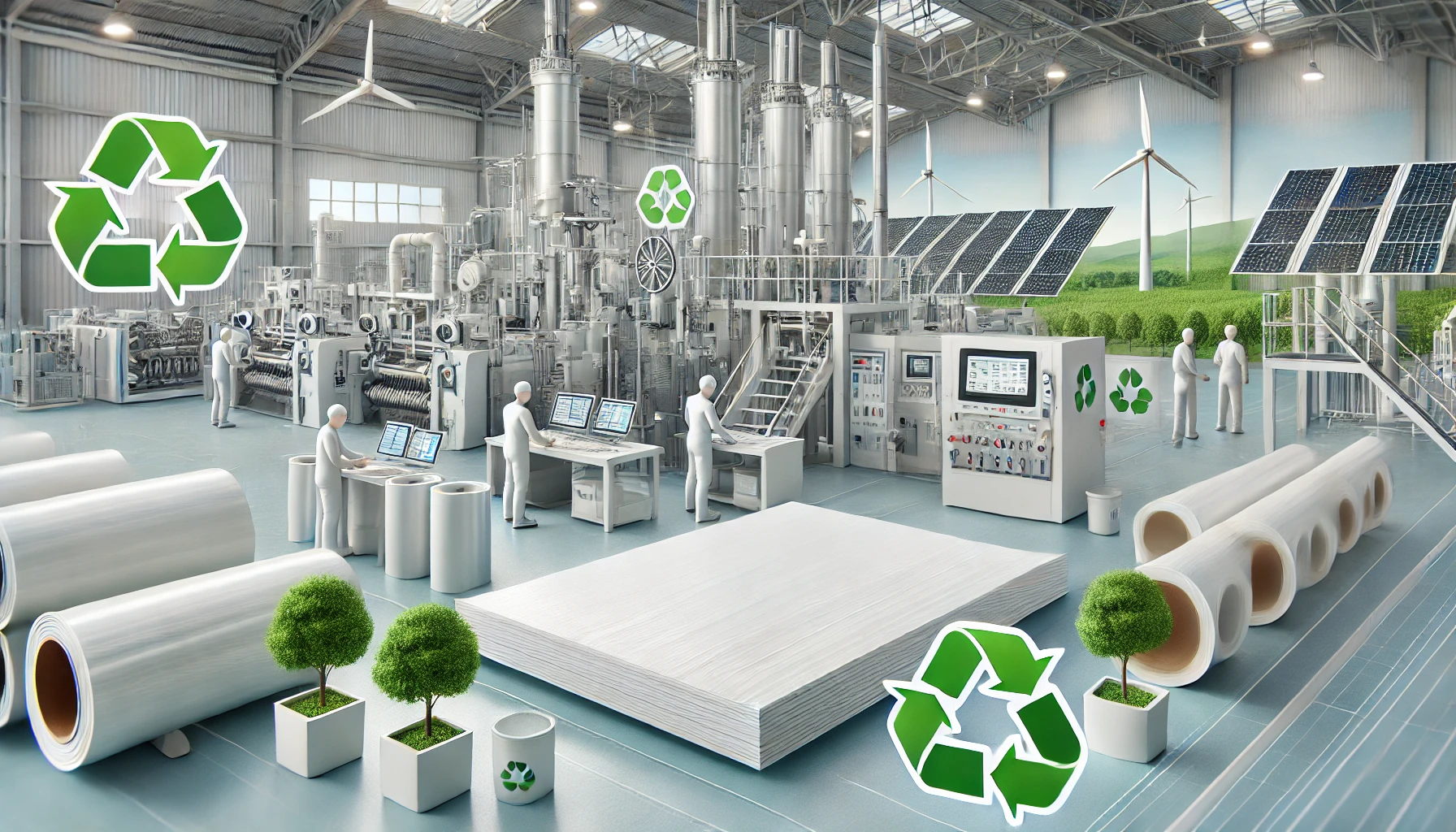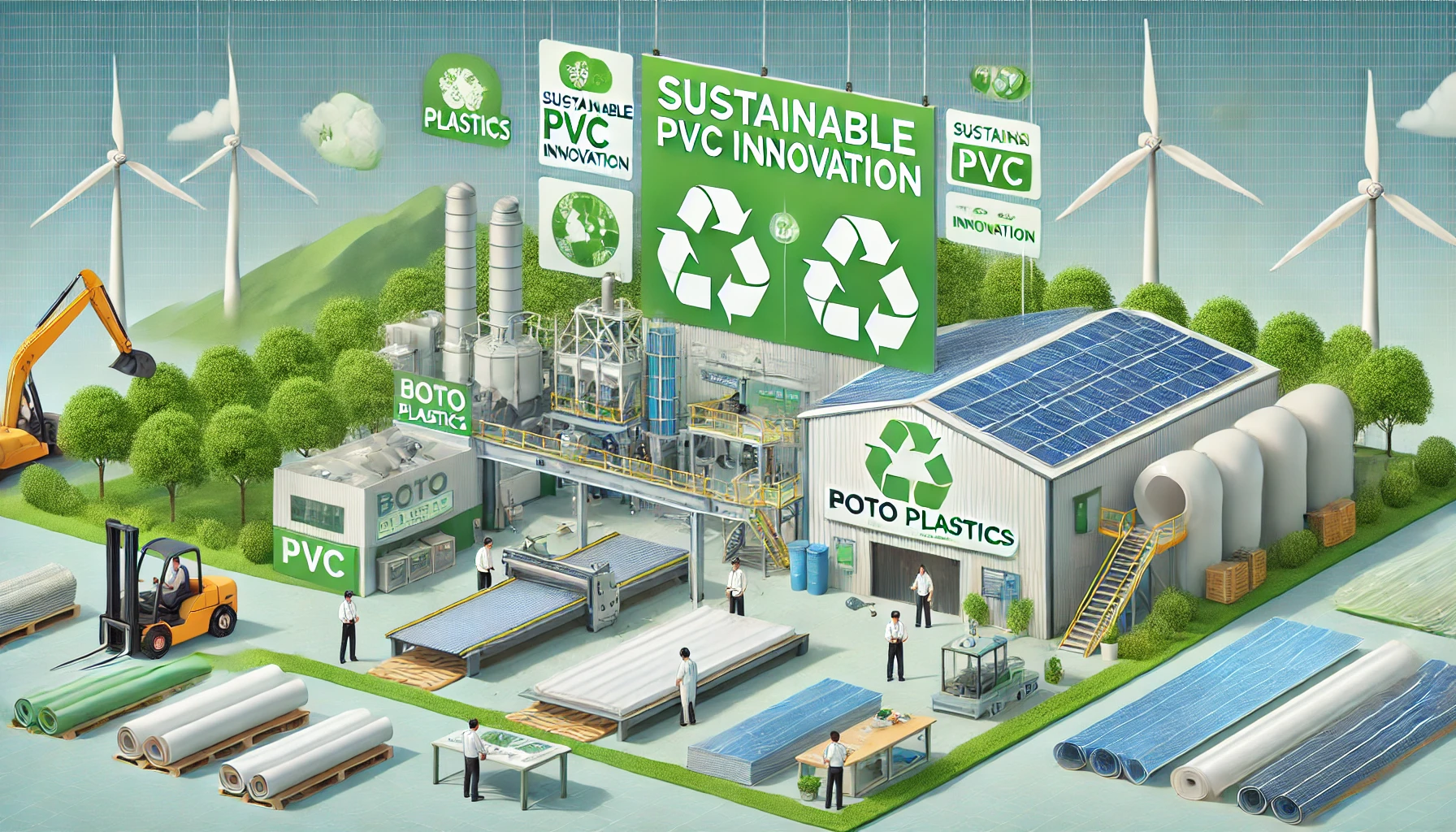The environmental impact of building materials has become a growing concern in recent years, with traditional PVC (polyvinyl chloride) often cited as a significant contributor to pollution and waste. As the demand for sustainable alternatives rises, companies are seeking innovative ways to reduce their carbon footprint while maintaining product performance and durability. One such company leading the charge in this green revolution is BOTO Plastics, which has pioneered the development and production of sustainable PVC materials. By leveraging cutting-edge technology and eco-friendly practices, BOTO Plastics is setting new standards in the industry.
In this blog post, we will explore how BOTO Plastics is transforming the landscape of sustainable building materials. We will delve into the environmental challenges associated with traditional PVC, and how BOTO Plastics addresses these issues through innovative solutions. Additionally, we will examine the scientific advancements that enable BOTO’s products to stand out in the market, with a special emphasis on their use of the Celuka Process. Finally, we will present real-world applications that showcase the effectiveness of BOTO’s sustainable PVC and discuss the future of sustainable building materials.
The Environmental Impact of Traditional PVC
PVC has been a staple in the building materials industry for decades due to its versatility, durability, and cost-effectiveness. However, the environmental impact of traditional PVC is significant. The production of conventional PVC involves the use of hazardous chemicals such as chlorine and phthalates, which can lead to environmental contamination and health risks. Moreover, PVC is notoriously difficult to recycle, leading to substantial waste accumulation in landfills.
Statistics highlight the scale of this issue: according to the Ellen MacArthur Foundation, approximately 40 million tons of PVC are produced globally each year, with a large portion ending up as waste. This waste not only occupies valuable landfill space but also poses a risk to wildlife and ecosystems through leaching of toxic substances. Addressing these environmental concerns is imperative for creating a sustainable future.
BOTO Plastics – A Pioneer in Sustainable PVC

BOTO Plastics has emerged as a leader in the quest for sustainable PVC solutions. Founded on the principles of environmental stewardship and innovation, BOTO Plastics has committed to revolutionizing the PVC industry with eco-friendly practices. The company integrates recycled materials into its production processes, significantly reducing the demand for virgin raw materials. Additionally, BOTO employs energy-efficient manufacturing techniques that minimize greenhouse gas emissions.
A cornerstone of BOTO’s innovation is the use of the Celuka Process in manufacturing their PVC. This advanced technique not only enhances the structural integrity and durability of the PVC products but also improves their environmental footprint. The Celuka Process allows for the creation of lightweight, high-quality PVC with a smooth finish, reducing material waste and energy consumption during production.
BOTO’s dedication to sustainability is further evidenced by its certifications. The company adheres to stringent environmental standards, holding certifications such as ISO 14001 for environmental management and LEED (Leadership in Energy and Environmental Design) for green building practices. These accolades underscore BOTO Plastics’ commitment to producing high-quality, sustainable PVC products.
The Science Behind Sustainable PVC
At the heart of BOTO Plastics’ innovation is its advanced material science. The company has developed proprietary technologies that enhance the sustainability of PVC without compromising performance. By incorporating bio-based additives and stabilizers, BOTO’s PVC products achieve superior durability and resistance to degradation. These advancements not only extend the lifespan of the products but also reduce the frequency of replacements, contributing to overall sustainability.
A lifecycle analysis of BOTO’s sustainable PVC reveals significant environmental benefits. From production to end-of-life, BOTO’s products are designed to minimize waste and energy consumption. The company also invests in recycling programs that reclaim and repurpose used PVC, closing the loop and promoting a circular economy.
Benefits of Using Sustainable PVC
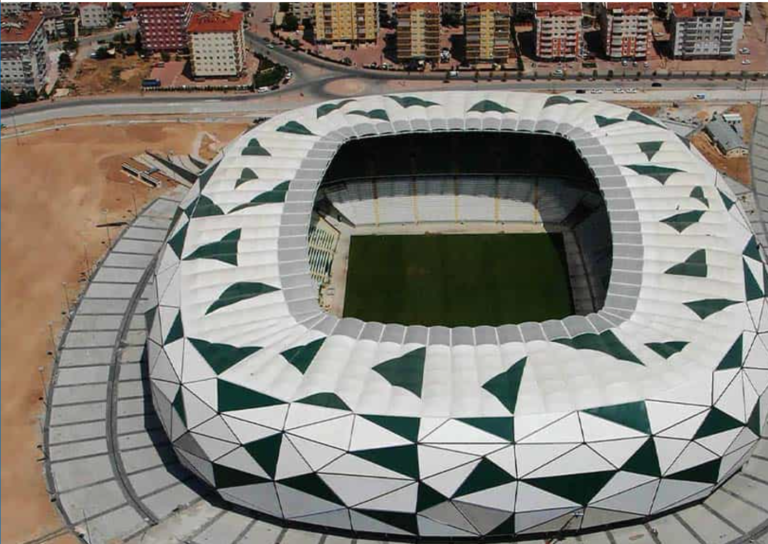
The shift to sustainable PVC offers numerous advantages beyond environmental impact. Economically, sustainable PVC can lead to long-term savings due to its enhanced durability and lower maintenance requirements. Additionally, using non-toxic and low-emission materials improves indoor air quality, promoting health and well-being for occupants.
From an environmental perspective, sustainable PVC significantly reduces the carbon footprint of building projects. By utilizing recycled materials and energy-efficient production processes, companies like BOTO Plastics help mitigate the negative effects of PVC on the environment. This approach not only addresses current environmental challenges but also paves the way for a more sustainable future.
The Future of Sustainable PVC and BOTO Plastics
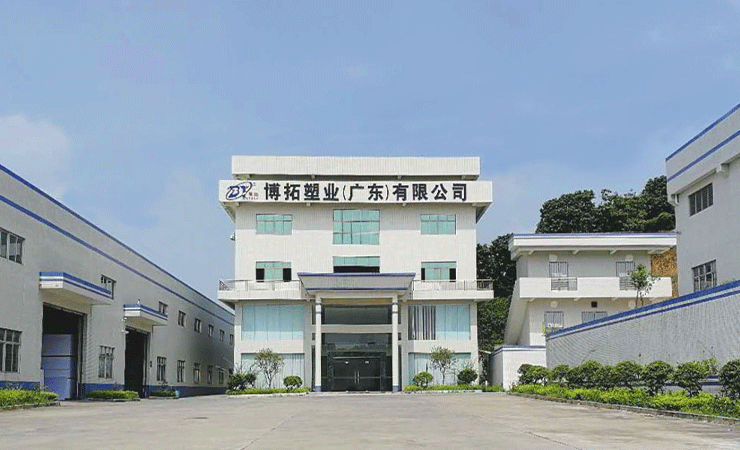
Looking ahead, the future of sustainable PVC appears promising, with continuous advancements in material science and environmental practices. BOTO Plastics is committed to staying at the forefront of this innovation. The company is investing in research and development to further enhance the sustainability of its products, exploring new bio-based materials and recycling technologies.
BOTO Plastics envisions a world where sustainable building materials are the norm, not the exception. With a focus on education and collaboration, BOTO aims to raise awareness about the benefits of sustainable PVC and encourage widespread adoption. By leading by example, BOTO Plastics is poised to shape the future of the industry, ensuring that sustainability remains a central pillar of its operations.
Conclusion
BOTO Plastics is not just a manufacturer of PVC; it is a pioneer in sustainable innovation. By addressing the environmental challenges of traditional PVC and offering eco-friendly alternatives, BOTO is making significant strides towards a more sustainable future. Their commitment to excellence, coupled with cutting-edge technology like the Celuka Process and a strong environmental ethos, positions BOTO Plastics as a leader in the sustainable building materials industry.
If you are considering sustainable building materials for your next project, explore the innovative solutions offered by BOTO Plastics. Visit our website to learn more about their products and how they can contribute to a greener, more sustainable world.

